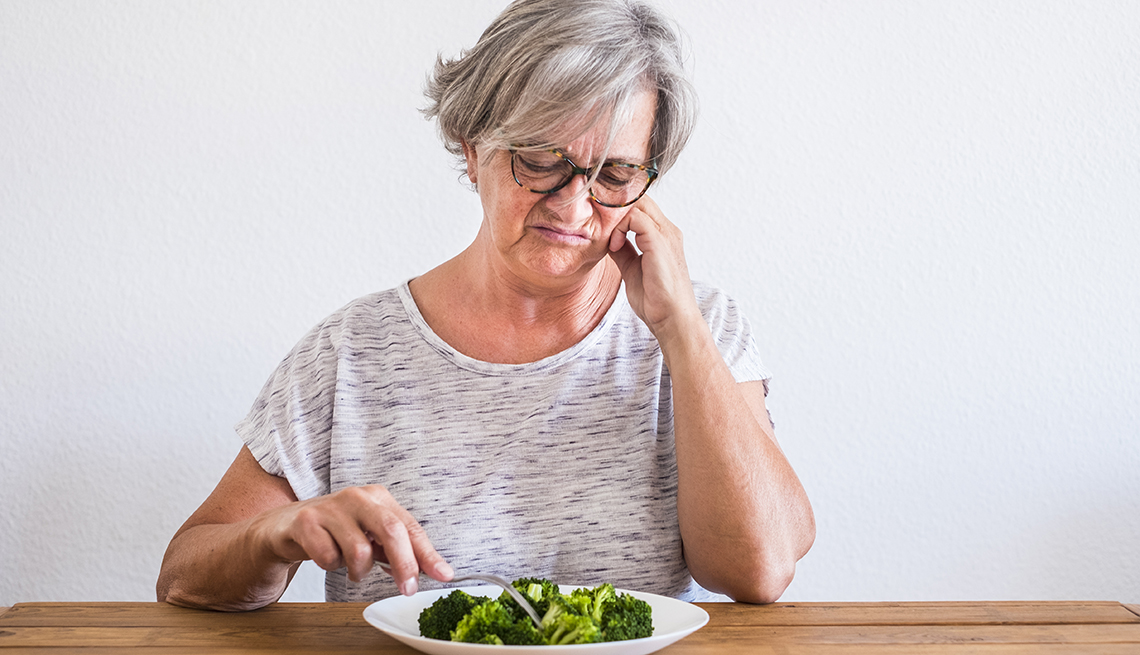
- Select a language for the TTS:
- UK English Female
- UK English Male
- US English Female
- US English Male
- Australian Female
- Australian Male
- Language selected: (auto detect) - EN
Play all audios:
The U.S. Department of Agriculture (USDA) announced on Feb. 26 a $1 billion plan to combat egg shortages and rising consumer prices. The investment, which includes funding to upgrade
biosecurity measures at poultry farms and provide financial relief to farmers whose flocks have been decimated by the avian flu outbreak, comes at a time when egg costs jumped an eye-popping
53 percent year-over-year in January, according to the Consumer Price Index, while the overall inflation rate was just 3 percent over that period. The average price for a dozen large eggs
climbed to $4.95 in January, up from $2.52 a year prior. More than 166 million egg-laying hens have died or been culled since 2022 in an attempt to mitigate the bird flu outbreak that has
ravaged the nation's egg industry, according to USDA data, driving up egg prices to record highs. “The price of eggs is affected by many factors, including consumer demand thanks to
diets like KETO, inflation and, most notably, the bird flu, which has been making the rounds since early 2022,” says shopping expert Trae Bodge. Some grocers are limiting the number of egg
cartons customers can purchase, while others are sold out. Trader Joe's is capping egg purchases to one dozen per customer, per day, at all of its 600-plus locations nationwide.
Meanwhile, Costco shoppers are now limited to three packages of eggs at a time, which are typically sold in two-dozen or four-dozen cartons at the warehouse retailer. Egg prices at
restaurants are also going up. On Feb. 4 Waffle House, which has more than 1,900 locations in 25 states, implemented a temporary 50-cent per-egg surcharge because of the widespread bird flu
outbreak. The good news is there are ways to save. 1. SHOP AROUND Finding big sales on eggs, especially when there is more demand than supply, is tough, but shopping around could lead to
savings. You can check out egg prices at a few local grocery stores and purchase accordingly. There are also apps like Flashfood, which partners with grocery stores around the country to
help them sell items at a discount that are in surplus or are nearing their “sell by” date. Similar apps include Imperfect Foods and Misfits Market. Getty Images 2. BUY IN BULK This strategy
could make sense if you cook eggs for your family regularly, since Bodge says the per-egg price is often cheaper when you purchase them in bulk at a warehouse club. To make them last
longer, keep your store-bought eggs in the fridge in their original carton on the coolest shelf. According to the U.S. Department of Agriculture, the shelf life for eggs is three to five
weeks if properly stored.







